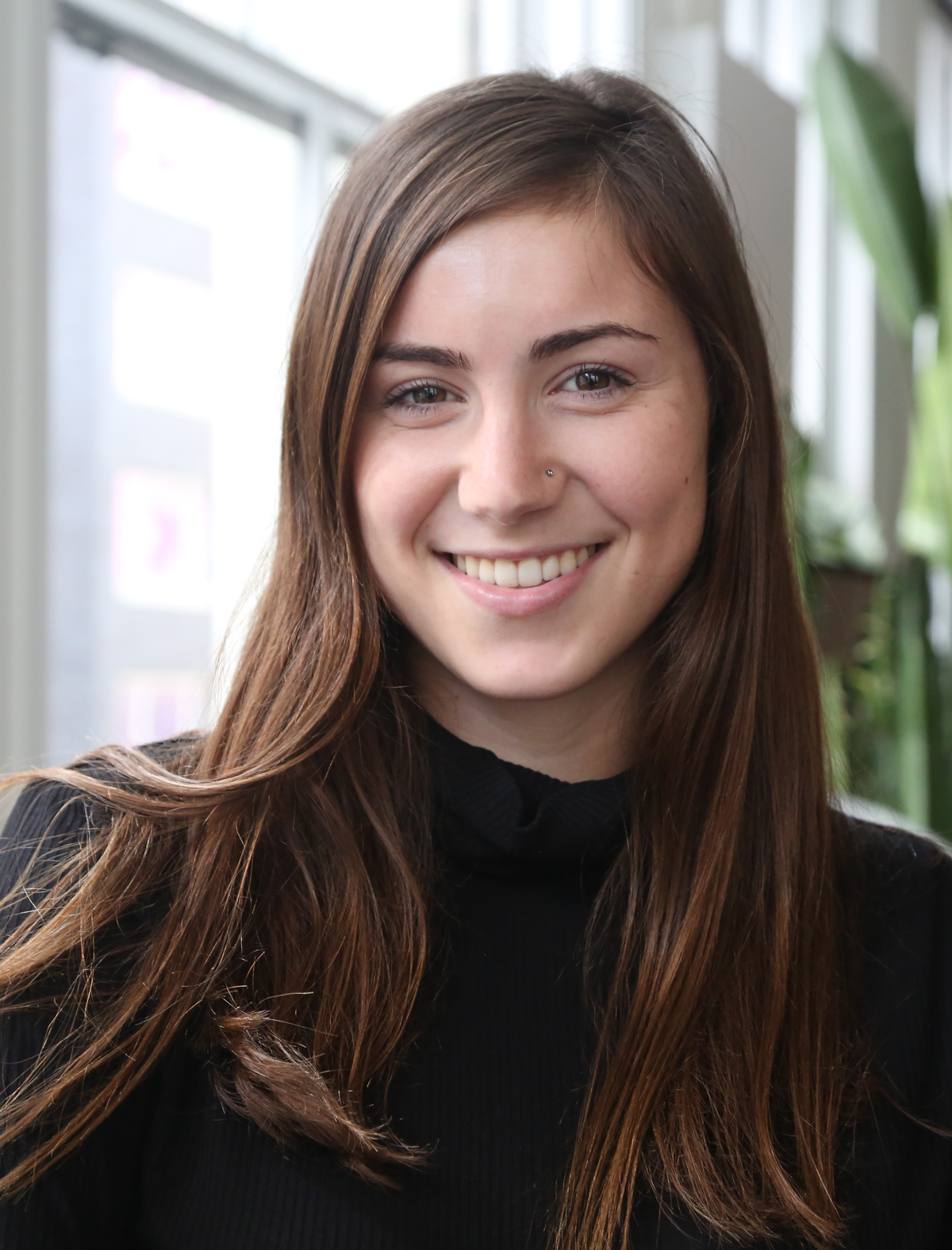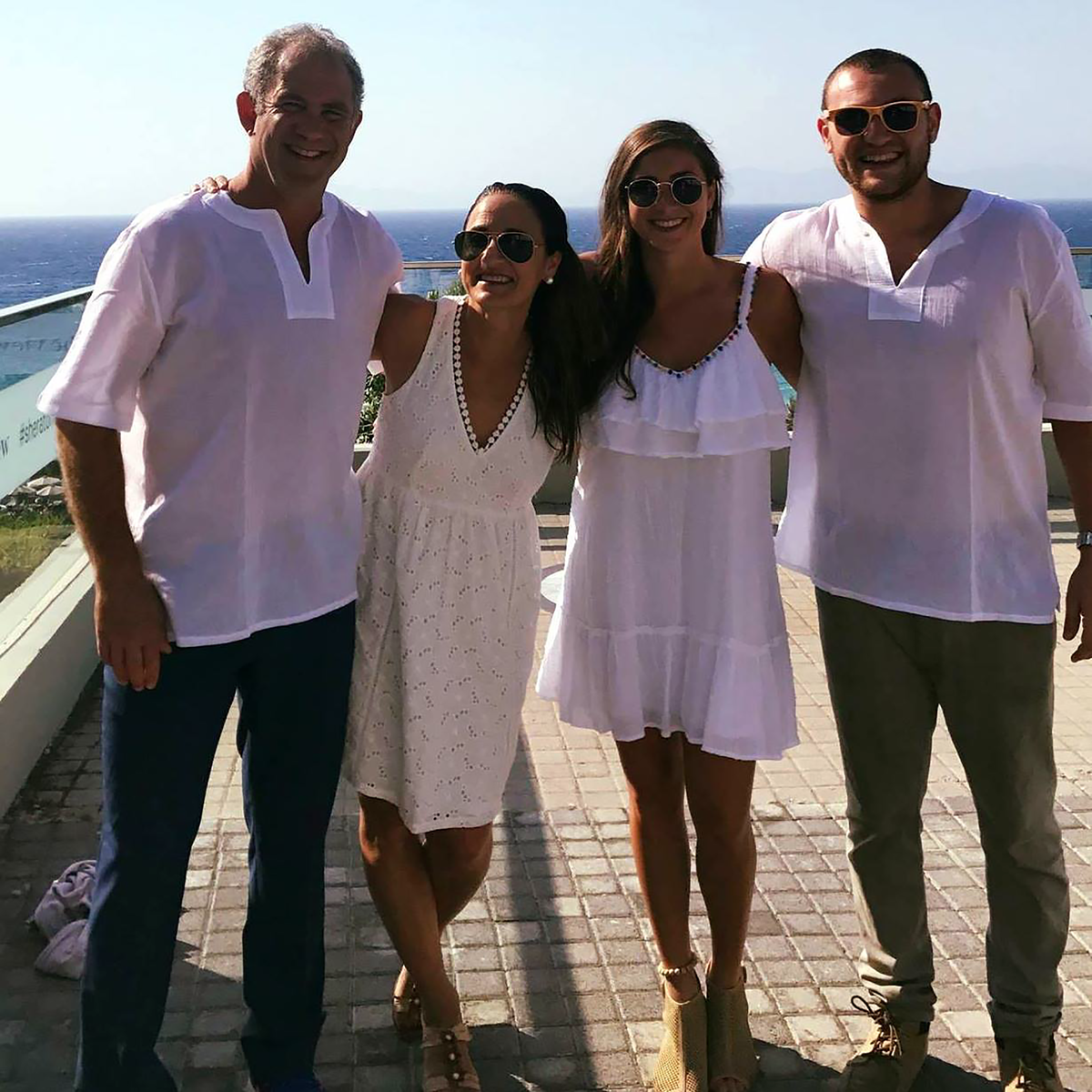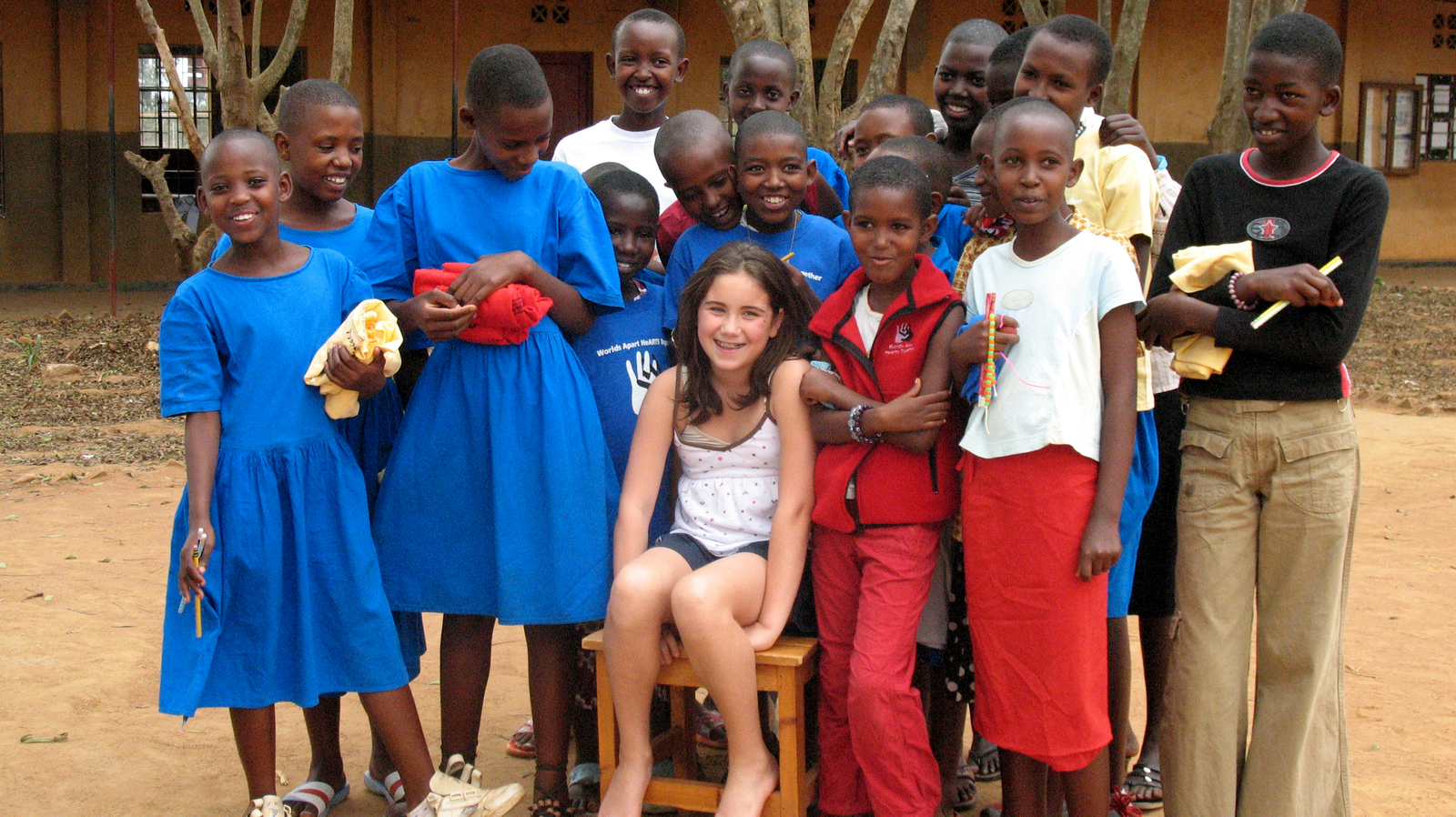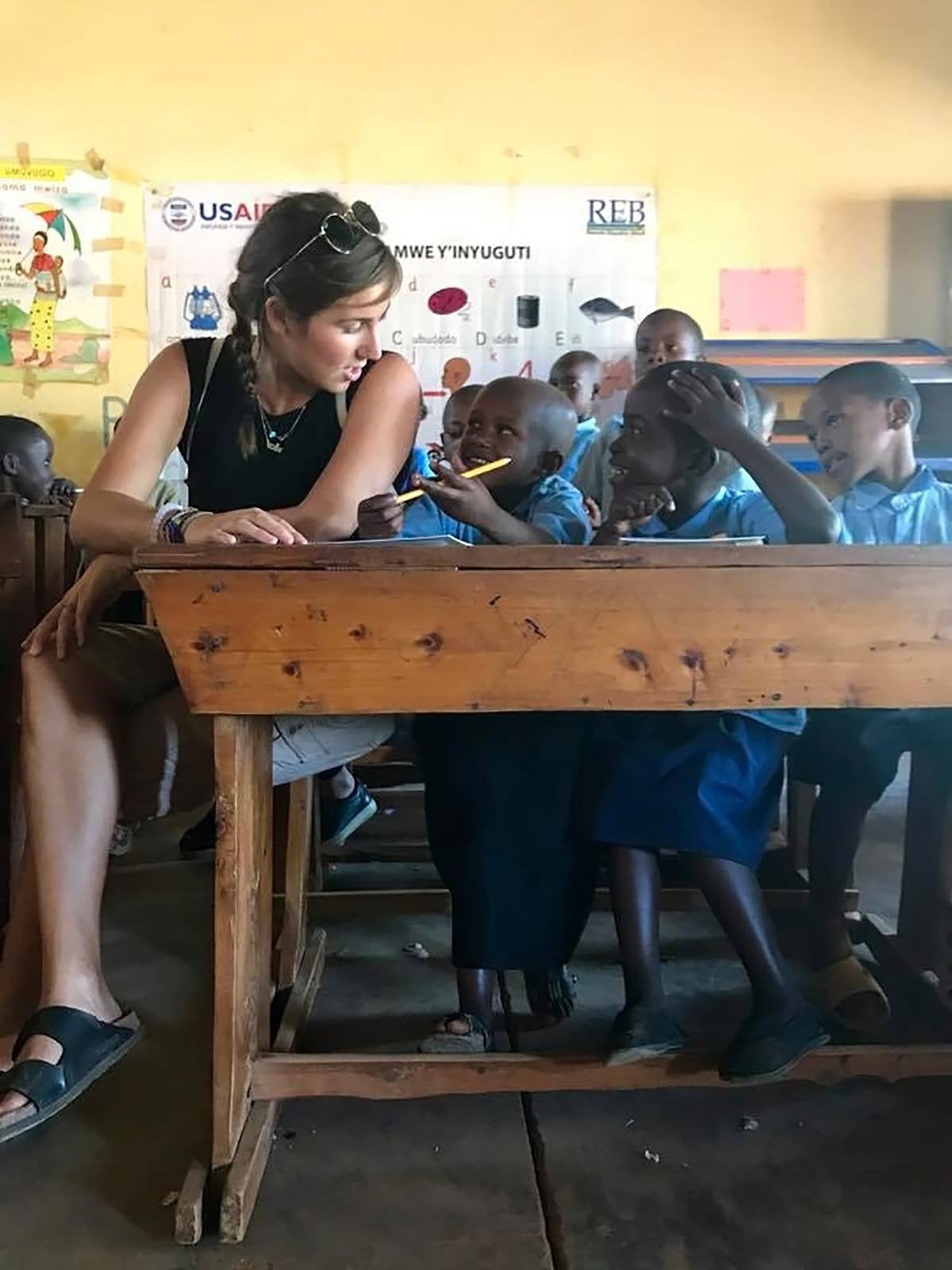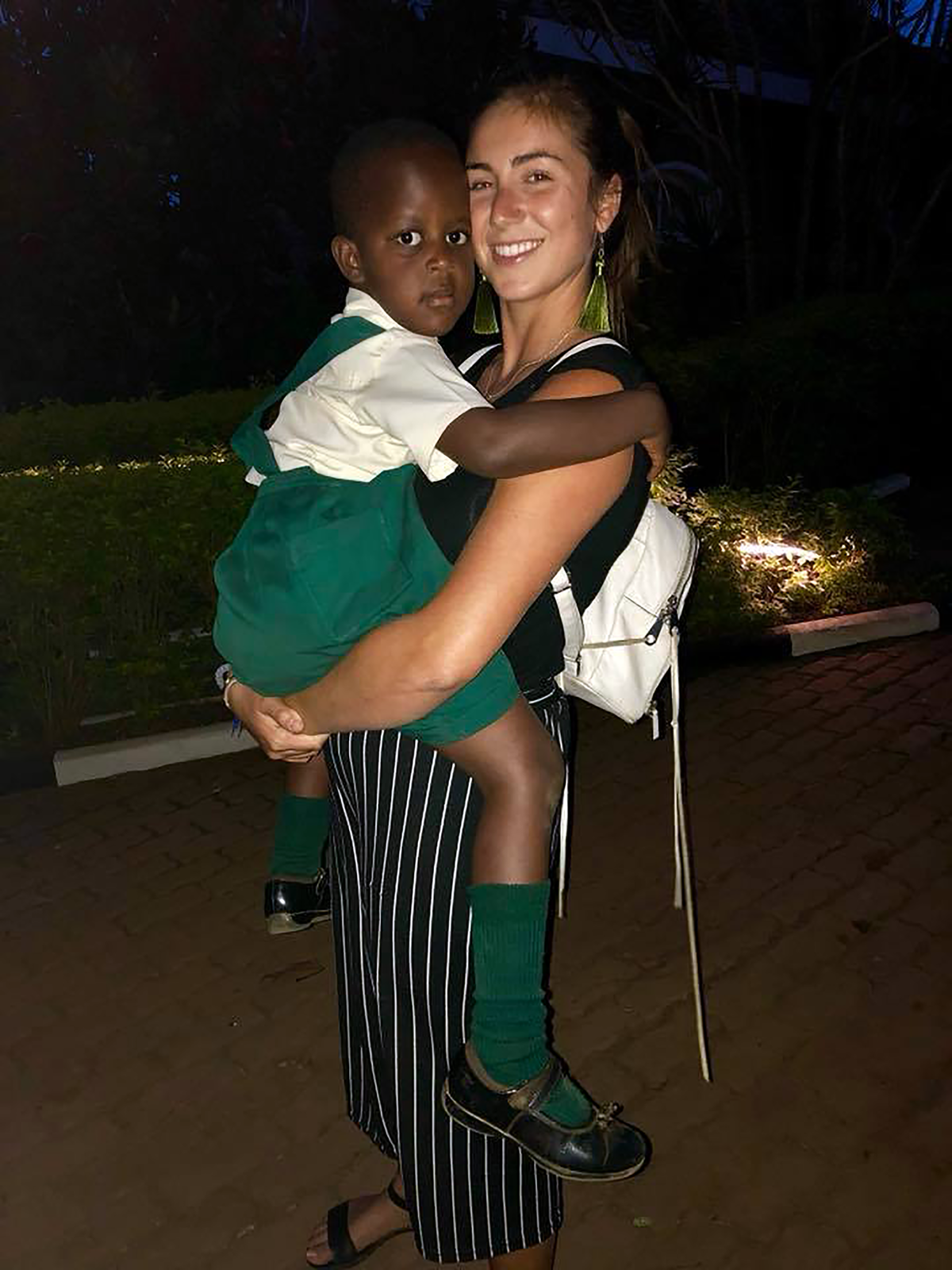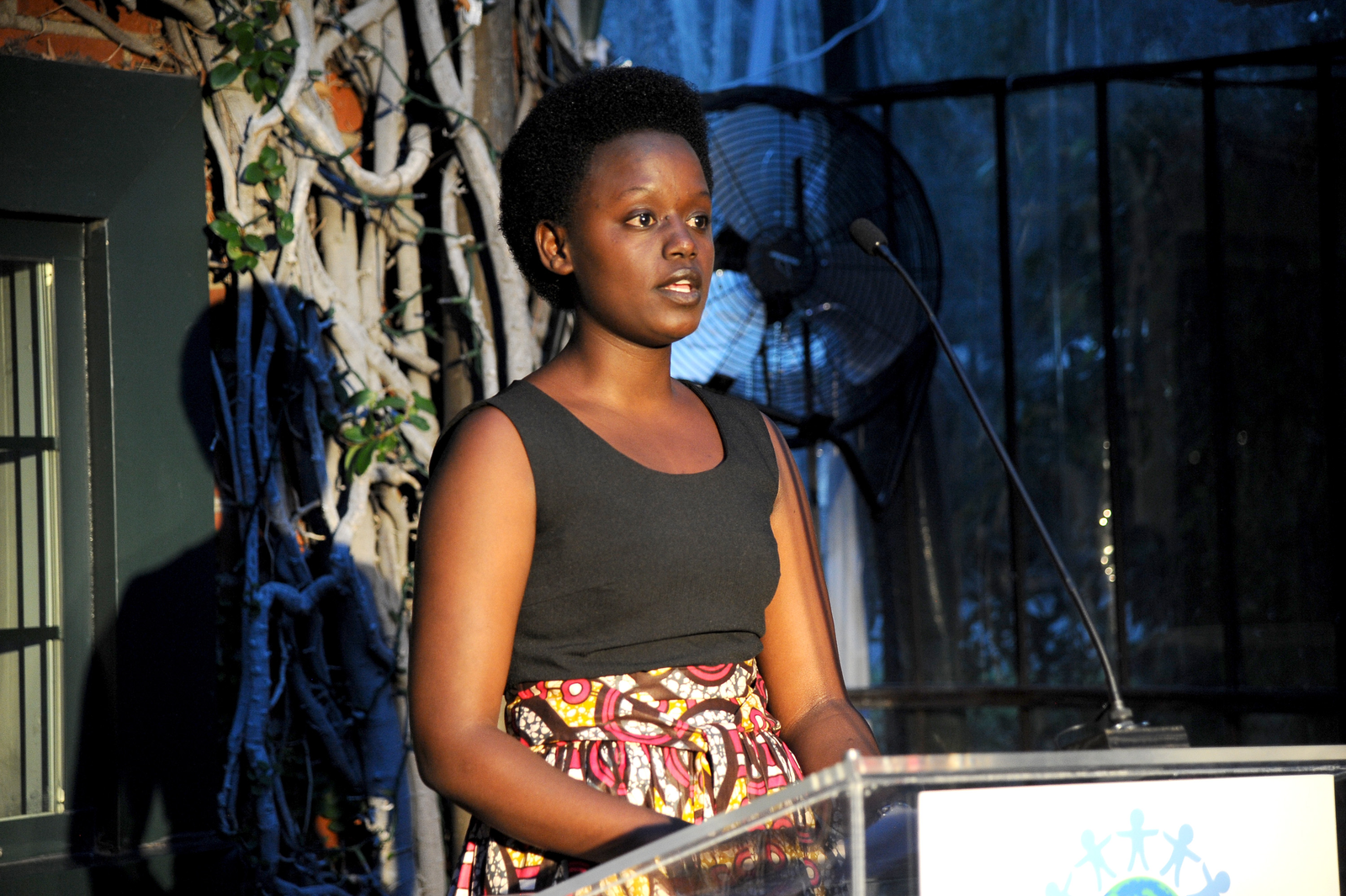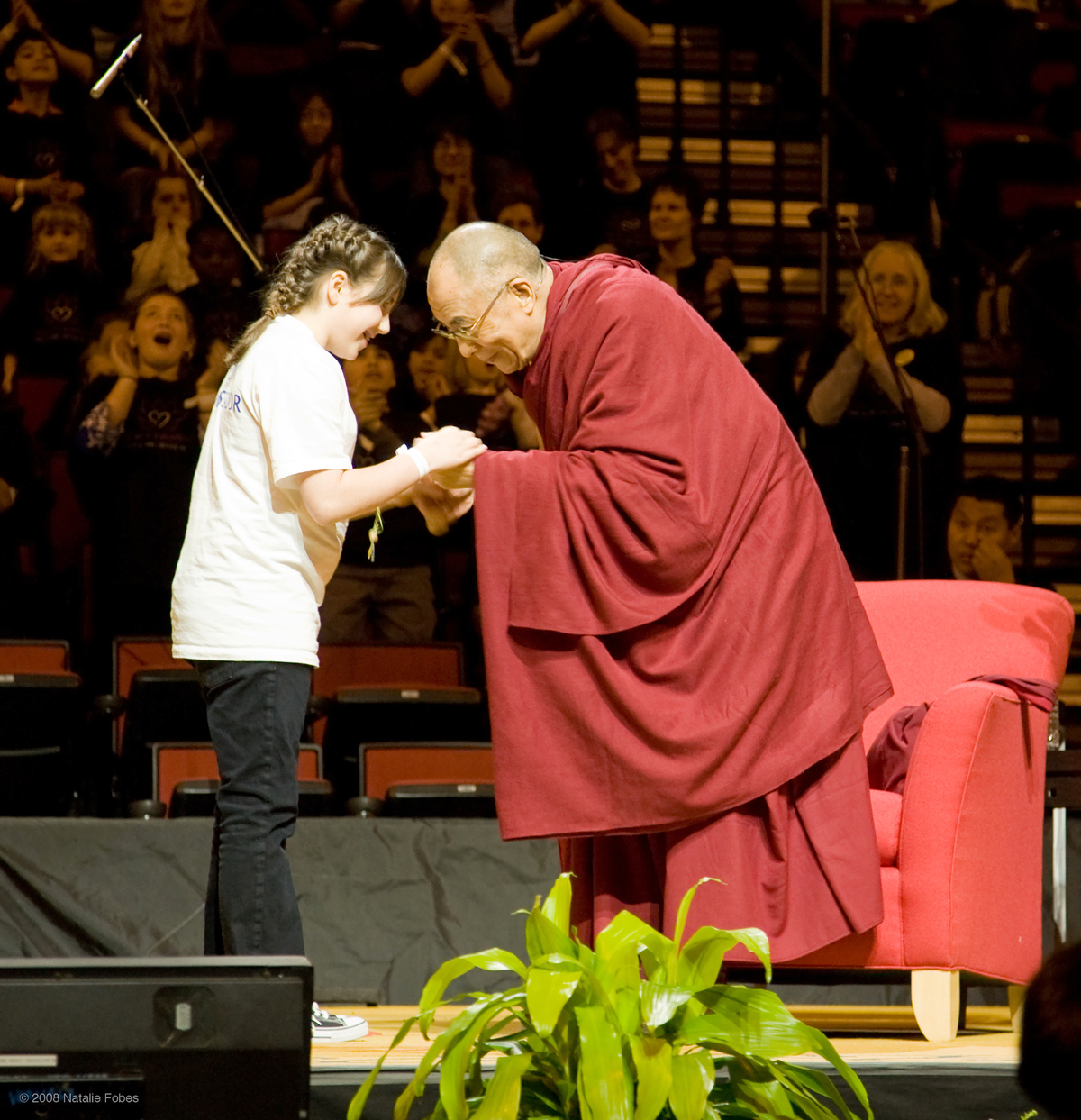My mother is Sephardic and my dad is Ashkenazic. My mom’s side was in Spain, then after the Inquisition fled to Rhodes. Many went to South Africa, the Congo, and then my great grandmother was the only sister who went to the United States. So that’s how we all ended up here. But I still have relatives all over South Africa and Zimbabwe. Then my father’s side. My dad is South African and his father came straight from Latvia. My grandmother from my dad’s side was from Russia. I loved learning about this culture and this history, especially as I grew older and started to understand how fascinating the diaspora is.
My Jewish values are a huge part of who I am. It’s not religious for me, but my Judaism is the biggest part of my identity. It’s how I feel the most confident about this incredible community of people of people and heritage. I had a reunion of 97 people from the Island of Rhodes from my family and being with these people and learning about where we even came from was just absolutely incredible. It shows perseverance, tradition, and culture. I was raised in a Jewish family in Seattle where we have such a huge Sephardic community. Even just having a bat mitzvah is a time where you’re becoming a young woman and you know you have a responsibility now. For me that was really helping to change the world, as small as it may be. And like I said, I have family that survived the Holocaust. Knowing that there are people who went through these atrocities, it’s up to the younger generation to keep our family going and our people going. So, I think being Jewish means being a part of something bigger than yourself. People interpret that in different ways. For me, that really means trying to leave a mark on the world, not for myself but for the better of humanity. There are so many incredible young Jewish leaders who have already done so, and I would hope to follow in their footsteps.
Richard’s Rwanda was founded in 2006 when a man from Rwanda was going around the United States working for the Unity and Reconciliation Commission. He was a Rwandan that went back to his country after surviving the genocide by living in Uganda. He came back and worked for the government to help rebuild and bring the country back to a better place by working with the youth. Richard came and stayed at my home here in Seattle while I was attending Seattle Girl’s School. I was eleven years old and starting 6th grade. Richard told us that the most vulnerable population were young women and girls, and the biggest issue post-genocide was education. Many girls could no longer afford to go to school and it could no longer be a priority because they had to take care of their families. I went back to my school and I started Richard’s Rwanda. It began there, and we started raising small funds for girls to go to school. Richard connected us to about 20 girls in this rural village and it continued to grow. That summer my mom and I took a trip to this country and we met the girls. We continued to go back and raise more money. Now, twelve years later, we’ve sent about ninety girls to school.
My father’s South African, and my mom was traveling the world from a young age, so both of them have really shown me what’s possible in life and the importance of being globally aware. As well as my Jewish education, just the small things of Hebrew school, and having a great-uncle who survived the Holocaust. These were all important lessons for me that showed me there is so much to be done, and it doesn’t really matter how old I was, because I had a community and a family that would support me.
It costs $40 for a young girl in primary school to go to school for an entire year. That includes her uniform, her lunch, her shoes, a small fee for bathroom use. The reason why this was so popular at my middle school was because we were coming from very privileged backgrounds. $40 may have been the cost of our shoes. To know that somebody was being disadvantaged by their opportunity to go to school because of $40 was something we really felt like we could make an impact with. So, $40 was for a girl to go to primary school, and for a girl to go to a great private school was around $250, which was something that we could raise the funds for and knowing that it could go so far for one young woman was really a large deal for us.
Richard’s Rwanda is still sponsoring girls to go to school. But we are in a bit of a transition mode; we’re in the midst of launching a social enterprise. As the organization has grown, we realized that we wanted to shift into a more sustainable business. We’ve come up with an idea of metalsmith jewelry. It’s not very popular in Rwanda or in East African jewelry and so by bringing in a new form and style into the market, we thought it could be great sustainable employment opportunities for women. We’re shifting the focus from education into employment, so that it’s sustainable for women who are living in poverty. We’re going to start with targeting a U.S. market because we have such a strong network and community of people who know about us here, and eventually the goal is to have shops in Rwanda and for it to be made by Rwandans, for Rwandans.
My first time going to Rwanda was in 2007, and I had just turned twelve. The genocide had only ended in 1994. You could still feel remnants of war and tension, but you could also see that there was a lot of rebuilding going on. I visited many memorials; the damage and trauma that was affecting each individual person was very visible and difficult to witness. But it was important to witness, because that’s how I could understand how education could be transformative for each young woman. After going through an experience like that, education was a way out and was a way to grow and to create their own sustainable families and lives. I’ve visited Rwanda a dozen times, and it has changed immensely since my first trip. It is one of the top economies in all of Africa. It has the highest percentage of women in the parliament. It’s growing exponentially. They’re doing business all over the world with different people, and there’s so many new buildings and projects and opportunities for young Rwandans. And I see Richard every time I go. I am honored and lucky enough to have one of the daughters named after me. He’s a part of my family.
Many of our girls end up going to university in Kigali. But it’s very competitive, so other young women find jobs in the village or in Kigali. They could be working for a shop or maybe basket weaving collectives, but again, the income is not so high, and the goal is to create sustainable employment. There are jobs in Rwanda, but are they getting to the women in rural villages? Not necessarily. So that’s where this business idea comes into play. It’s kind of a two-tier program. One would be vocational training, which is very big right now in Rwanda. Not everybody’s going to school and not everybody can find a job, so vocational training is this bridge between school and employment. We want to start a new program, which is metalsmithing. It doesn’t have to be jewelry, but just something to start with. There are no women in the trade, and so bringing women into that gives them potential to be in that industry, whether it be building pots or pans or steel for doors or something else. It would start with vocational training and then the second piece would be the business, which we would reinvest and would be revenue that could then go back into the business. Then those women are making an income higher than $1.00 a day, something more sustainable. Inevitably that would go towards their children’s education, etc.
One of the young women we sponsor, Grace, was born two days before the genocide began. She lost both of her parents and her aunt raised her. She worked very hard in school, but she didn’t have the funds to continue, and that’s how she became one of the girls we supported. Grace excelled, becoming the head of her class, and she was able to go to a better high school. She got a scholarship to go university in Costa Rica, which is a huge deal for a young girl who was orphaned by the genocide and grew up in this rural village. Grace came to the United States when we were in high school and spoke at our schools. One of our goals is to raise awareness, to educate our own youth. So, Grace came and spoke all around the city. She is an incredible example of how education transforms a life.
Understanding struggles at home
I grew up watching my own mother create change in our own local community; she has her own nonprofit that is getting young people to understand compassion and the importance of change one block away from where you live. I went to Garfield High School and it was clear which students were well off and which weren’t and who had more resources. Seattle has its own issues, the United States has its own issues, so I think growing up and seeing extreme poverty in another part of the world just reinforced my awareness of poverty everywhere. So, although I was leaving my home and seeing it in a completely different continent, it didn’t take away from the fact that I was still learning and constantly seeing it in my own community. When I went to university in New York City, I continued to pursue this within my academics. I started working in criminal justice and mass incarceration, which inevitably is linked to poverty and inequality in the United States, and really learn about what is going on with our criminal system.
When I lived in Israel, I was 18. It was the first time I left home for more than a month. It was a gap year program that encouraged you to do some volunteering and then some classes, and so I volunteered at a youth village that was created for refugees coming from the Holocaust. It’s this incredible model that is now used for vulnerable children and youth and immigrants all over Israel, and they come from Ethiopia, France, Russia and Brazil and I got to spend time there and speak English. This youth village had so many different cultures, and we all had one commonality, our Judaism, but there was such a passion to create community amidst all this diversity. My first three months in Israel was working at this youth village and seeing all kinds of people that share a Judaism that’s different than mine, but it’s still Judaism. The rest of my time in Israel, I was learning, exploring, hiking, taking trips and having fun. I left feeling so inspired and honored to know that I always have a place there and to know that there are people working hard and fighting and doing the best they can with the situation they’re in.
I think the politics of Israel are, for better or worse, always going to affect me. Going back to my childhood, my mother started a camp called the Middle East Peace Camp. It was Jewish women, Muslim women, and Christian women coming together to bring young children to get to know each other and share their culture. It was an interfaith camp, meant to lessen the tensions, because even though we weren’t living in the Middle East, we all had connections to the Middle East, whether it be from religion or our culture. So, from a young age I had an idea of what was going on and I was experiencing different cultures. When I went to Israel, a big part was obviously learning about the politics in more depth.
My mother was a huge activist. I grew up learning about the Apartheid in South Africa, so Desmond Tutu and Nelson Mandela are very important to me and my family. When I was nine, Desmond Tutu came to Seattle, and I got to meet him and hear about his work. The Dalai Lama came to Seattle around 2006, and I was able to meet him as well. I think he’s the epitome of peace and spirituality and goodness. There are also many incredible women that I look up to. Ruth Bader Ginsberg shows what a young Jewish woman can do when they’re dedicated and smart and are not going to give up. She’s absolutely amazing. And then, at the end of the day, it really is the people you’re surrounded by. My mother is the most diehard activist I’ve ever met, and my great-uncle Adam who survived Auschwitz was such an incredible spirit. He passed away when I was young, but I got to meet him, and I continue to listen to his testimony to remember the history and pass it on to my own children.
My career plan is still in the works, but my senior year I spent the year interning at the American Jewish Committee. My next part of my career is spending one year in Budapest with the JDC Jewish Service Corps Fellowship where I'll be helping to build teen engagement and Jewish experiences for the three year old BBYO Chapter. In addition I'll be working throughout the Jewish community offering any skills I can where there is need. Budapest is the biggest Jewish community in Eastern Europe, but there’s still anti-Semitism. My role is to just be there in support and offer the background I have in Judaism and in activism. So that’s next year, and beyond that I really have no idea. But I think that Africa will always be a part of my life, whether it’s because of my family or because of my interests. And there can be overlap between the two. The JDC has a youth village there that’s the same model from Israel in Rwanda, and it started for orphans of the genocide and it’s an incredible model that works beautifully for young vulnerable for Rwandan children. So that’s an example of Judaism and Rwanda together. But I see myself working in Africa with or without Judaism because it’s a part of who I am, and I think it’s important to share the privilege that we have because it’s our duty.
